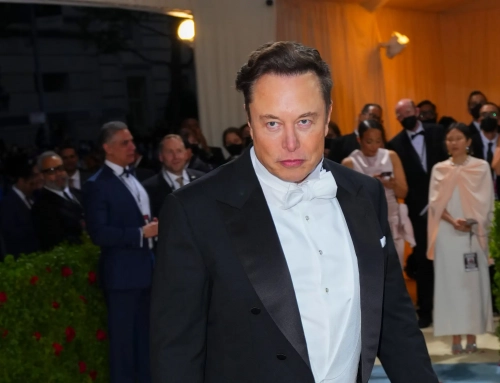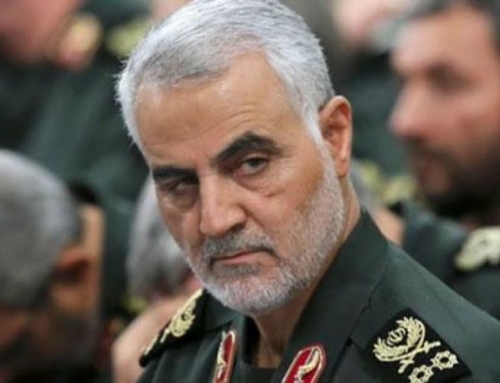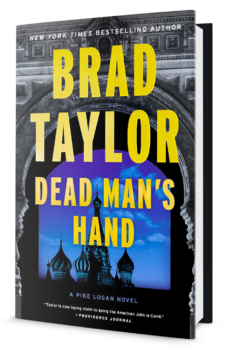The summit in Singapore between the United States and the DPRK is over, and there is a lot of discussion in the press, to say the least. Here are five takeaways that I saw:
- The word “historic” has been used quite a bit about the meeting between Kim Jong Un and President Trump, but truly, the only thing historic about it was that the president of the United States attended. Presidents Clinton, Bush, and Obama all had a standing invitation to meet with their respective counterpart in the DPRK and all refused because they didn’t want to legitimize the regime. Trump decided it was time for something different. He may be right, but the results of this meeting were neither historic nor groundbreaking. Everything stated has been said before, stretching back decades. The first bilateral meeting between the United States and North Korea occurred in 1993, and the statement produced after that meeting reads pretty much like the statement from last night, substituting the words “nuclear-free Korean peninsula” for “denuclearization”. The 2005 six-party talks discussed “security assurances” for the DPRK along with a much stronger wording of denuclearization. Saying more was gained at this meeting than ever before is simply not true. In the end, the fact remains that we’ve been here before. This fact doesn’t make the effort futile – and I applaud the attempt – but we shouldn’t be hyperbolic about what was accomplished. Right now, Kim Jong Un finally achieved the legitimacy that both his father and grandfather failed to earn while they were in charge. It remains to be seen if Trump’s gamble will pay off.
- Trump has declared that all sanctions will remain in place, which is a good thing, but the ink hadn’t dried on the page of the joint statement before China began crowing that it was unprecedented and that the United Nations needs to begin removing sanctions as a show of good will toward the DPRK’s agreement to abide by UN resolutions.That is something to watch, because the United States can declare sanctions will remain in place, but if China disagrees, the sanctions are toothless. We don’t do business with the DPRK – but China does, and if they allow goods and services to flow, the sanctions are just words on a page. My analysis is that China and the DPRK talked about this in advance, and had already agreed to state that – no matter what happened – it was a huge success and it was time for sanctions to end.
- Surprising everyone – to include US Forces Korea and South Korea – Trump stated he was ending joint war-games on the peninsula because they were too expensive and provocative. In effect, he’s given up security for some unnamed concession in the future. Yes, they are expensive, but so is Bright Star in Egypt, Cobra Gold in Thailand, Flintlock in Africa, and the Black Sea Rotational Force in Poland. We don’t conduct exercises for show, we do them for interoperability, and we just gave that away for little in return. The truth is the money spent has a much bigger impact for the DPRK, because every time we have an exercise, they duplicate it in a show of force, which is something they can’t afford. It drains the DPRK piggy bank much more than ours, and looking at this as some individual transactional approach is misguided. If Reagan had looked at costs alone, the SDI initiative would never have come about, and with it, the bankruptcy of the Soviet Union as they tried to match it. Now, if we attempt to bring the exercises back, the DPRK will scream that we were dishonest, and we’ll end up right back where we were with twitter tirades and DPRK “dotard” statements. Worst case, we should have at least held something as hostage for the pausing of the exercises. This one really puzzles me on multiple levels. How can a president tout spending billions on rebuilding the military as an accomplishment, then say a single exercise designed to ensure our ability to fight and win is too expensive? And what happened to coordinating with our allies? Just two weeks ago, Secretary Pompeo said there was “no daylight” between the US and South Korea with respect to the summit. Tell that to the South Korean Minister of Defense, who, upon hearing Trump’s statement, said, “At this current point, there is a need to discern the exact meaning and intent of President Trump’s comments.”
- The joint statement signed at the end of the conference said nothing about formally ending the Korean War. This is surprising to me because that was a central premise to the Panmunjom declaration in April, 2018, and this joint statement goes out of its way to mention repatriation of war dead. Formal discussions for ending declared hostilities is a natural extension, and would seem to be an easy win for both sides, and something to work toward in a show of good faith. It’s puzzling that this was dropped completely from initial discussions, as both parties had mentioned it prior to the meeting.
- The biggest challenge to denuclearization may possibly be on OUR side, as the DPRK has seen what a different administration can do to a previous nuclear deal (Iran). President Trump pulled out of the JCPOA ostensibly because it didn’t address ballistic missiles and Iran’s meddling in other country’s affairs, and only dealt with the nuclear issue. Kim will (rightly) think that if he makes a deal on nuclear weapons with the executive branch, what’s to stop the next administration from saying it was a horrible deal because it didn’t address his chemical/biological weapons, artillery fan in range of Seoul, human rights abuses, etc, etc. Thus, if he’s smart, he’ll demand a treaty instead of an agreement, and that may be a long sell in our polarized Congress – just as the Iran deal would have been – with some demanding the treaty should address chem/bio, conventional threats, and human rights abuses. That would be a non-starter to the DPRK. In the end, it may not be Kim that declares it must be a treaty, but the president’s own party. One of the reasons given for pulling out of the Iran deal was precisely that it wasn’t a treaty – with Senator Tom Cotton going so far as to mail a letter to the Mullahs of Iran giving them a lecture on how congress works. It’s going to be hard to say with a straight face that a deal codified solely by the executive branch is the way to go after all of the rhetoric in the past from the Iran deal, but a treaty may be a bridge too far.








Leave A Comment